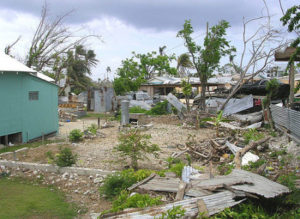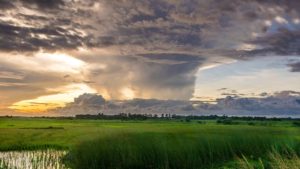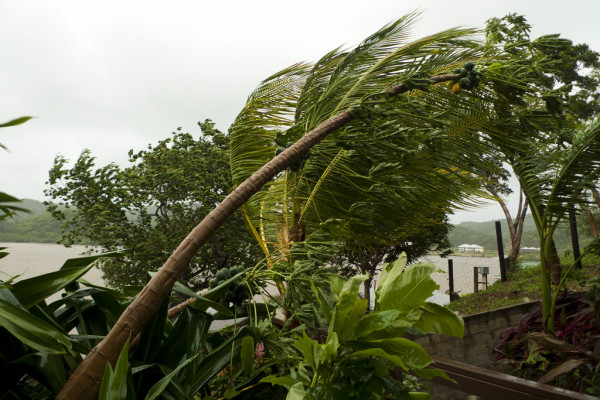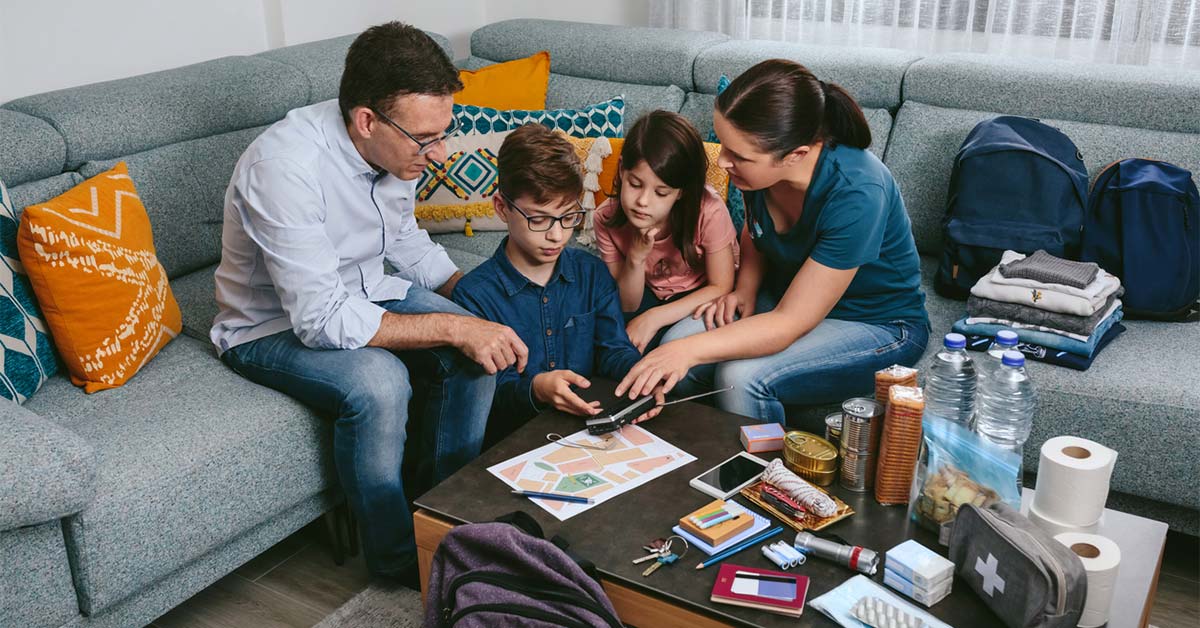Many people learn the hard way that you shouldn’t wait until a disaster unexpectedly strikes to get home insurance because you literally cannot get it once the storm comes! You can’t even buy it directly after the storm passes.
There are several ways to keep your home protected in the case of a vicious storm. The most important thing, however, is that you and your loved ones remain safe during and after the hurricane. The following are some ways you can ensure that your troubles pass along with the storm.
Secure Your Home & Insurance Ahead of Time
- Make sure your home fits local hurricane building code specifications. Gather the necessary plywood, steel or aluminum panels for boarding up windows, doors and especially your garage door, which is the weakest structure in the house.
- It’s always a good idea to contact your insurance agent and make sure you have enough homeowners insurance to repair or replace your home. Also, remember to check in on coverage for your car, boat, RV, or any other vehicle which could be affected.
- Remember that flooding is not covered by a standard homeowners policy. You’ll need to buy it separately and ahead of the storm. Whatever you do, don’t wait until the storm hits because you will not be able to buy coverage. You also will not be covered directly afterward. Unlike homeowners insurance, flood insurance usually has a 30-day waiting period.
Regrouping Before Hurricane Florence Hits
There is always a chance that you and your family members and loved ones will not be together when a storm strikes. You have to have a plan in place to find each other. Cell phones may not work so you may want to set a meeting place in a location away from home, in case you are evacuated.
- Have an out-of-town contact and make sure everyone in the family has a copy of the person’s name and number.
- Also, include a nearby meeting place and the phone number to that location on this sheet. That person may live close, in another zone, which may not be affected if yours is. Also, be on that person’s emergency contact too, in case the storm hits their location and not yours!
- Plan how you will get to your chosen location in case the roads are too dangerous or if public transportation stops running. If you stay home, you may be confined, which requires more planning (keep reading).
Weathering the Storm at Home
You may be without water, gas, electricity and phone services for an extended period of time if the storm is especially severe. You will also be completely reliant on the food and beverages you have in your home, so plan appropriately.
You’ll want to have a basic disaster kit with supplies. The following are some of the essential things you’ll want to put on that list:
- Food & Water for each person and pet for at least 3 days (1 gallon per person per day)
- Storm Radio (NOAA Weather Radio) that is battery-powered or hand cranked.
- Flashlights
- First Aid Kit
- All prescription medications
- Garbage bags (for personal waste)
- Moist towelettes (for personal hygiene)
- Manual can opener
- Cell phone with chargers (solar chargers if you have them are best)
- Cash (or traveler’s checks)
- Important documents: insurance policies, passports, identification and bank account records, etc.
- Sleeping bags, warm blankets
- Fire extinguisher
- Feminine personal hygiene products
- Matches (keep them in a waterproof container)
- Games and activities for children
- Diapers, formula and everything a baby needs
- Eyeglasses, contact lenses
- Dentures supplies
Of course, this list will also include clothes and coats if you plan to be away from home when the storm actually hits your neighborhood.
What to Do Before the Storm Surges
- Bring in anything the wind can pick up (bicycles, outdoor furniture, etc.)
- Close windows and doors. If you don’t have any hurricane shutters, board up the doors, windows, and garage with plywood.
- Crank up the setting on your fridge to the coldest setting so food lasts longer if the power goes out.
- Turn off propane.
- Unplug appliances.
- Fill up your cars with gas.
What to Do After the Hurricane Passes
- Keep listening to the news because extended rainfalls and flooding are common after a hurricane.
- Only return home after officials say it’s safe to do so.
- Avoid flooded roads and washed-out bridges.
- Immediately report loose or hanging power lines to the power company.
- Do not enter any buildings or structures with water all around it.
- Begin taking pictures of the damage to your home and the contents inside. You’ll need this to file a proper insurance claim.
- Use flashlights, not candles, in case of a gas leak.
- Do not use your tap water until it’s determined that it’s not contaminated.
- Clear clogged rain gutters to prevent flooding.
Beware of…
- Tornados, which often come after a hurricane passes.
- Feeling too safe in “the eye of the storm.†The winds may change at any moment and return to hurricane force and affect your area.
- Returning home before the area is considered safe.
- Taking pets to shelters with you. Most do not allow them.
We hope you will not be affected by hurricane Florence. Our Insurance Specialists are here to answer any and all of your insurance questions at 866-570-7335. Again, it’s very important to not wait until natural disasters hit. It’s always best to be protected with the right homeowners insurance policy and flood insurance far in advance.
The information in this article was obtained from various sources. This content is offered for educational purposes only and does not represent contractual agreements, nor is it intended to replace manuals or instructions provided by the manufacturer or the advice of a qualified professional. The definitions, terms, and coverage in a given policy may be different than those suggested here and such policy will be governed by the language contained therein. No warranty or appropriateness for a specific purpose is expressed or implied.

